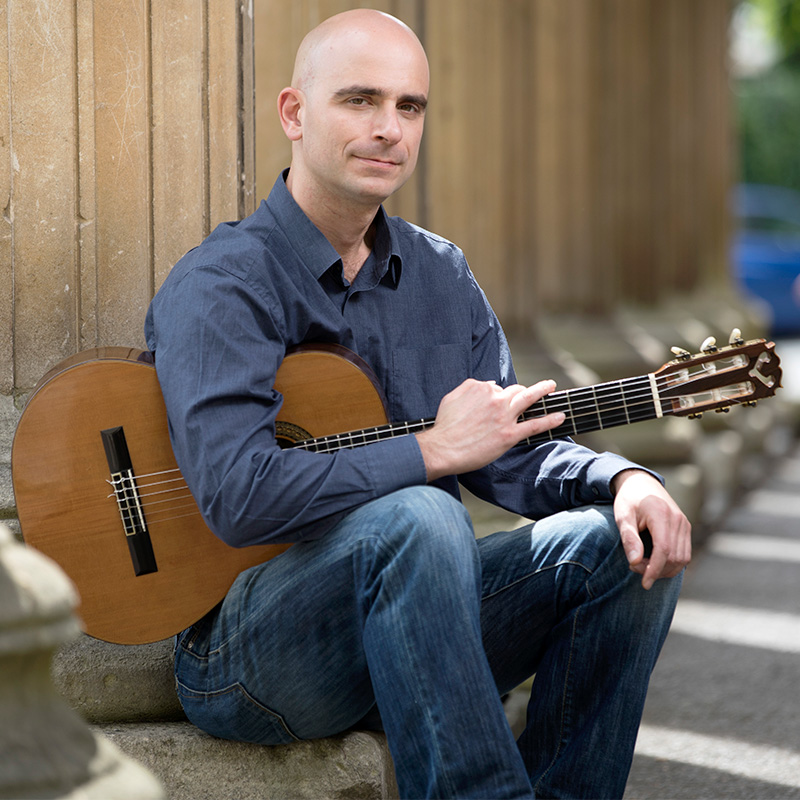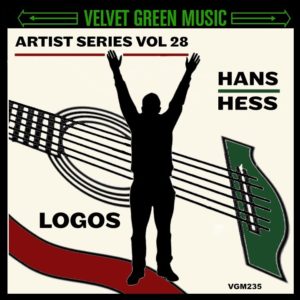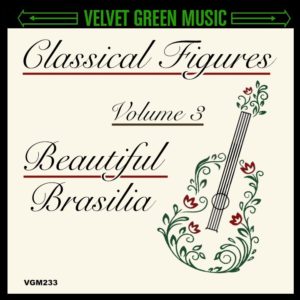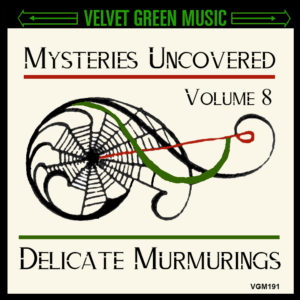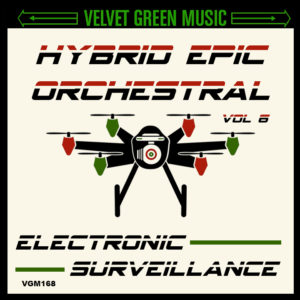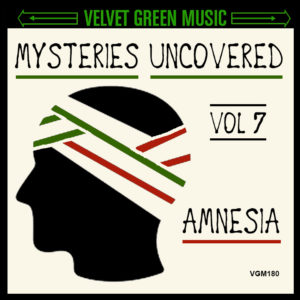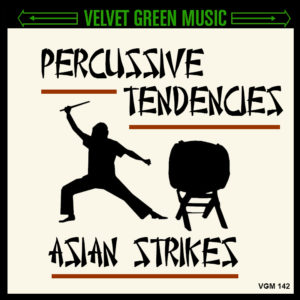Likes: Heat, Beach, Countryside, Sports, Kung Fu, Classical Guitar, Philosophy, Horror & Sci-Fi movies
Dislikes: Cold
Favorite Food: Lasagne
Favorite Quote: “Where the light is brightest, the shadows are deepest.” Johan Wolfgang von Goethe
Hans Michael Anselmo Hess is an award winning composer specialised in film and production music. Hailing from Rio Grande do Sul in Brazil, and living in the UK for over a decade, Hans studied his postgraduate degrees at the University of Bristol where he earned a master’s degree in Music Composition for Film and Television, and a doctorate in Film Musicology. Apart from his active work as a film music composer and producer, Hans also works in the academia as a Senior Lecturer in Film Music Composition at Leeds College of Music, and a Senior Associate Teacher in Classical Guitar at the University of Bristol. www.hansmichaelanselmohess.com
Velvet Green Music Artist Interview
Digital Audio Workstation (DAW) of choice
Digital Performer
Favorite Media Composers
Enio Morricone, James Newton Howard, Hans Zimmer, James Horner, Jerry Goldsmith, Alan Silvestri, Jesper Kid, Michael Giacchino, Steve Jablonsky, John Williams, Brian Tyler, Radamés Gnattali, Alexander Desplat, Benjamin Wallfisch, Don Davis, Bernard Herrmann, Thomas Newman, Danny Elfman, Bear McCreary, Howard Shore, Basil Poledouris.
Favorite Scores
Predator, Back To The Future, Ghostbusters, Gremlins, Psycho, Cinema Paradiso, The Mission, Batman, The Hateful Eight, Signs, Alien, The Mummy, Catch Me If You Can, Interstellar, Arrival, Super 8, E.T., Jaws, Planet of the Apes, 10 Cloverfield Lane, Dragonheart, Independence Day, Rio Zona Norte, Dante’s Inferno, God of War, Vikings, Lord Of The Rings, The Hobbit, Robocop, Starship Troopers, Conan The Barbarian.
Discuss your personal creative workflow
It varies. Sometimes I start with a harmonic progression, a theme/melody, or a rhythmic pattern. I also like to play around with different sound design/synths palettes, which ignites me ideas that I start to develop.
Define you personal sound
I mainly like to write orchestral music with some blend of synth/sound design. I also like to combine, whenever possible, the use of classical guitar. I think it’s an instrument that can offer a lot in cinematic scores and needs to be explored further. I think what makes my sound unique is that I draw from different listening influences, which goes from the erudite repertoire for guitar and orchestra to heavy metal, brazilian music, electronic, and anything else that appeals to me.
Outline your approach to scoring to picture
I like to have long chats with the director in order to understand his/her vision for the film and how he/she sees the role of the music in the movie. It’s also important for me to know if the director has music influences that can serve as “role models” for the movie. Within this, it will then be very important to know if the director is open for the composer to conceptualise the score and avoid too much pastiche composition. Whenever possible, I like to do the spotting of the movie with the director. If not possible, I’d then do the spotting myself and ask what the director thinks. Lastly, when starting a new movie project, I like to send the first 1 or 2 minutes of music to picture to check with the director if I’m going into the right direction.
Describe how you tackle a creative brief
The brief will always expose a “vision” that is aimed to be achieved in the production. I try to identify that “vision” and think on how this can be translated into music. It’s also important to listen to music references. It helps informing the writing style and instrumentation that is expected.
Discuss the theme of your Artist Series album
The theme of my Artist Series Album came from my curiosity about the ever increasing influence of technology in the life of mankind. I once read about the theory of singularity where humans would merge with the machines and tried to picture a dystopian future of it. I was also influenced by two books by renowned scientists: The Future of Mind by Michio Kaku; and Homo Deus by Yuval Noah Harari. Both books talk about the latest developments in science aiming to enhance humans to nearly godlike powers. It made me think on how this process could actually make us loose the understanding of what we are. Nowadays, we live in a society which struggle with the conflicts of an intelligence based in pragmatic and sophisticated algorithms (machines), against an intelligence based on consciousness and imagination (humans).
I also wanted to challenge myself in this album by not using any orchestral instruments. I only used synths, sound design and heavy percussion. The album sounds like Kraftwerk with steroids!
Discuss your approach to time management when composing
I usually set days of the week to work in certain projects. This helps time management and my ability to work in more than a project at the same time. Naturally, I only aim to take a certain number of projects at a time, in order to complete them within a fashionable manner.
Discuss gear that is important to your workflow
I would recommend getting the best gear that will help you developing your writing style. For instance, as I love orchestral sounds, so I like to get the best virtual orchestral instruments that is in the market. Even so, we should not forget that we need to be very good programmers in order to make the most of these sample libraries. Needless to say that, whenever the budget allows (or even if not), always aim to get at least one instrument recorded live.
Offer any advice to fellow artists
Write, write, write and write! Coming from a performance background, I started with a very low knowledge of music production and composition to picture. My first tracks were not good, but I never stopped or quit. I kept going. At every failure I got, I aimed to transformed it in a chance to learn my craft even more. Therefore, welcome failures. Failures will make you humble and will actually be decisive to test if you’re willing to go through the process. People nowadays only want the fastest result and only imagine them at the top without understanding that you have to climb a mountain first, which is likely to be painful and very challenging at times.
Anything not covered above that is important to who you are as an artist
Decide what success means to you and be careful to not compare yourself to other in a jealous way. We all compare ourselves as it is human nature. But it doesn’t take you much further. Stay on your lane and be obsessive in being good in what you do. The joy is to see how you are developing yourself as a composer. And if you can perceive this during your journey, it means that you’re taking care of yourself.

